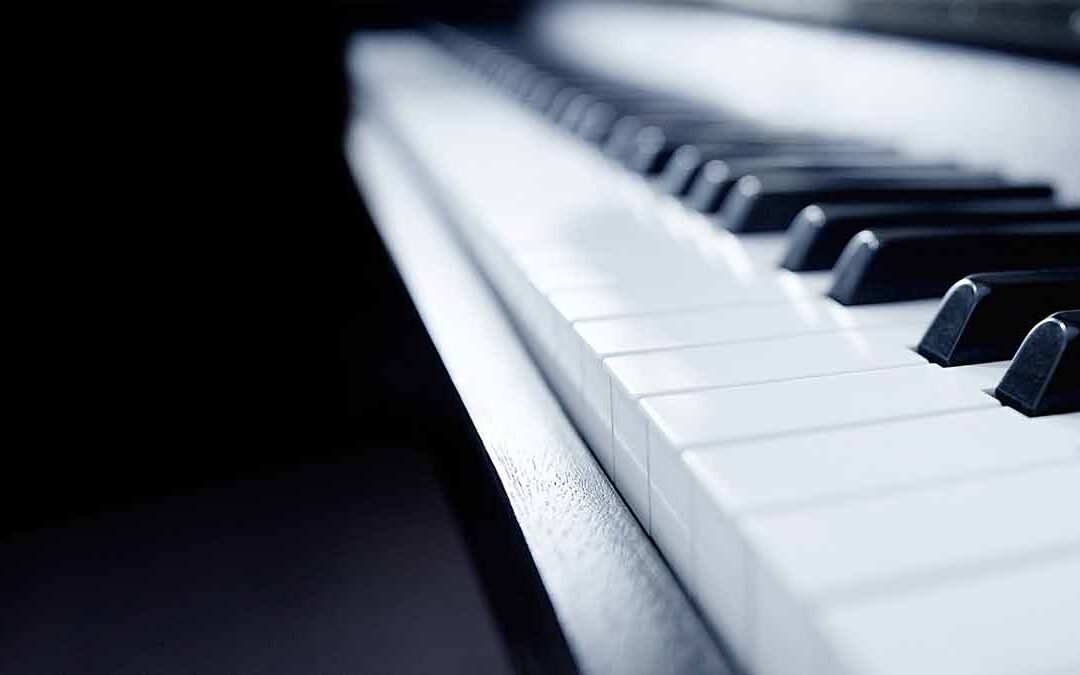How Often To Tune A Piano
The first thing you need to understand when you get your piano tuned is that a professional piano tuner should do it. A piano tuner is like a technician who understands how the strings stretch and will tune the piano to a perfect pitch to create a beautiful sound.
Another thing that you need to understand is that strings need to be tuned if these get disturbed due to temperature fluctuations and humidity levels. So here is what you need to know about piano tuning and piano sound.
How often should you tune a piano?
If you play an acoustic piano, you need to get the piano tuned by a qualified piano tuner. This will not just ensure that the piano sounds better, but it will also ensure that the instrument is in better health.
Piano tuning is about ensuring that the piano sounds perfect and the instrument is in good working order.
It would be best if you got the piano tuned depending on how often it is played and its usage. The standard rule of thumb is that as a professional pianist, you should tune a piano at least twice a year. It would be best if you also tuned pianos for the following reasons:
- If the piano has undergone heavy usage
- If the piano has been recently moved, which has resulted in heavy jostling and the tuning pins are out of order.
- The piano can be out of tune due to unreliable internal mechanisms, such as a defective soundboard or pin block.
- A piano can "sound bad" and go out of tune as the piano strings stretch. This will require regular tuning.
- If you are maintaining a piano in a concert hall like a grand piano, then it requires tuning regularly.
Thus, tuning an out-of-tune piano is essential to ensure that it produces a good sound. A piano technician will tell you that a new piano needs to be tuned regularly so it does not go out of tune.
How often should you tune home pianos?
There is no separate rule for tuning a home piano. However, it would be best to get it tuned like most pianos; if the soundboard expands, then the pianos need to be tuned immediately. Many pianists believe that home pianos need to be tuned regularly to ensure proper care is given to the instrument.
In addition, you will have to tune your piano if the hammer strikes are not producing the correct note, which is often the issue with home pianos. Thus, you should check if the piano is out of tune and get technicians to get your piano tuned.
How to tell if a piano is out of tune?
If you have just brought your piano to a new environment, the instrument is out of tune, and you need to tune it. A good rule to check whether you need to tune your piano is playing the piano's A below middle C, which is the same frequency as A 440.
If the sound plays at the same pitch or the notes create different sounds, you need to tune your piano. Some of the other factors that will indicate that your piano needs to be tuned are as follows:
Check that the keys' strings are tuned together:
You can do this by playing the notes and striking the keys. When you play a key in the mid and high range of the piano, a hammer strikes two or three strings.
It would help if you started playing the octave below middle C and then moved up. The piano does not need tuning if the notes sound clear and have perfect pitch. Otherwise, you will have to hire professional tuning experts.
Check if the octaves blend:
Your piano will need tuning if the octave notes go out of tune. You need to play the notes an octave apart and if the tune should sound like a note. If you hear different notes, your piano needs to be tuned.
Check that significant chords sound pleasant:
Check if the c major chords sound pleasant when you play this in the middle of your piano. If the note sounds pleasant when played, your piano does not need to be tuned. Otherwise, it would help if you tuned the piano.
Thus, you will need to check the pitch, note, and sound created by your piano to understand whether it needs to be tuned. For example, if the sounds are flat and do not create soft and pleasant music, you need to get your piano tuned.
What do most piano manufacturers say about piano tuning?
If you ask a piano manufacturer how often you should tune a piano, they will first say that you should tune pianos when you observe a difference in sound.
A piano is mainly made of strings, hammers, and a soundboard. Humidity can adversely affect the wooden soundboard, which can change the piano's sound.
Temperature fluctuations and humidity levels can cause the piano body and the soundboard to expand. Humidity will also make your strings go flat quicker. Temperature changes and humidity is also responsible for putting more pressure on the strings as the strings become flat.
The string tension will also change with temperature and humidity as the soundboard can contract and expand. Therefore to release the pressure on the string, you will have to opt for professional tuning.
What will happen if you don't tune your piano?
If you are a piano teacher, you must understand the importance of getting your piano tuned; if you allow your piano to go out of tune for a long time, getting the strings tuned again can seem quite tricky.
Piano tuning is a thorough job, and the longer you leave, the longer you go without tuning, and the more work is needed during each visit.
Regular tuning makes it easier for a piano tuner to get your instrument back into proper tune. Proper maintenance is necessary to ensure that each piano string is perfectly tuned and produces the correct sound.
The tuning of a piano depends on the condition of the instrument. Less maintenance is required in the first year you purchase the piano. But after the first year, you will need to tune your piano regularly. Tuning pianos is an essential part of maintaining the instrument.
Conclusion
A piano tuner will use a tuning pin to bring a piano string to the proper tune. When a piano starts playing you, you will find that it generally produces a perfect sound as the strings are perfect.
So the short answer to the question of when you need to tune your piano will be whenever you feel the sound produced by the instrument is out of tune.
Even if the side note is not perfect, your piano needs to be tuned. One of the factors you must remember is to avoid moving the piano in a room to prevent the strings from jostling.
This can get the piano out of tune faster than any other mode. Thus, by taking some simple precautions, you can reduce your requirement for getting your piano tuned regularly.
Related Topics
- What Is Polyphony In Piano?
- Can You Learn How to Play Piano on a Keyboard?
- Learn How To Play Keyboard Synthesizer
Harlan Kilstein began playing piano during covid with no piano background at all. He taught himself how to play learning what to do and what not to do.
Today he's an advanced intermediate player and can help you grow in your skills because he learned all this on his own.








